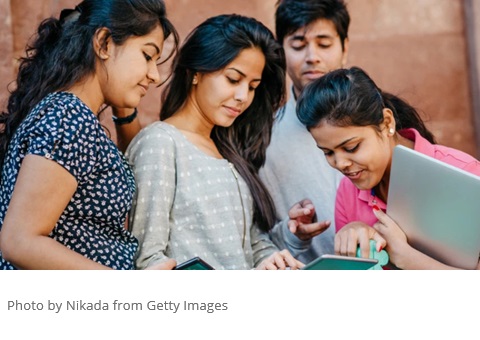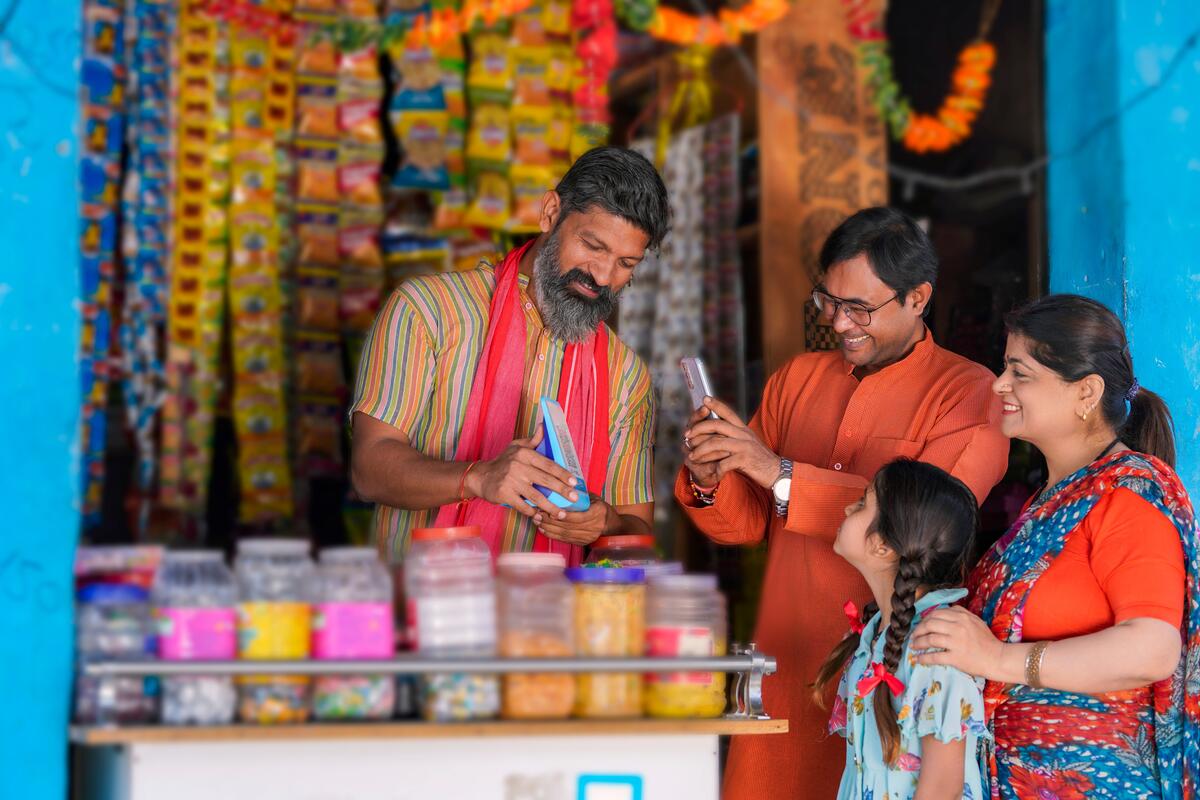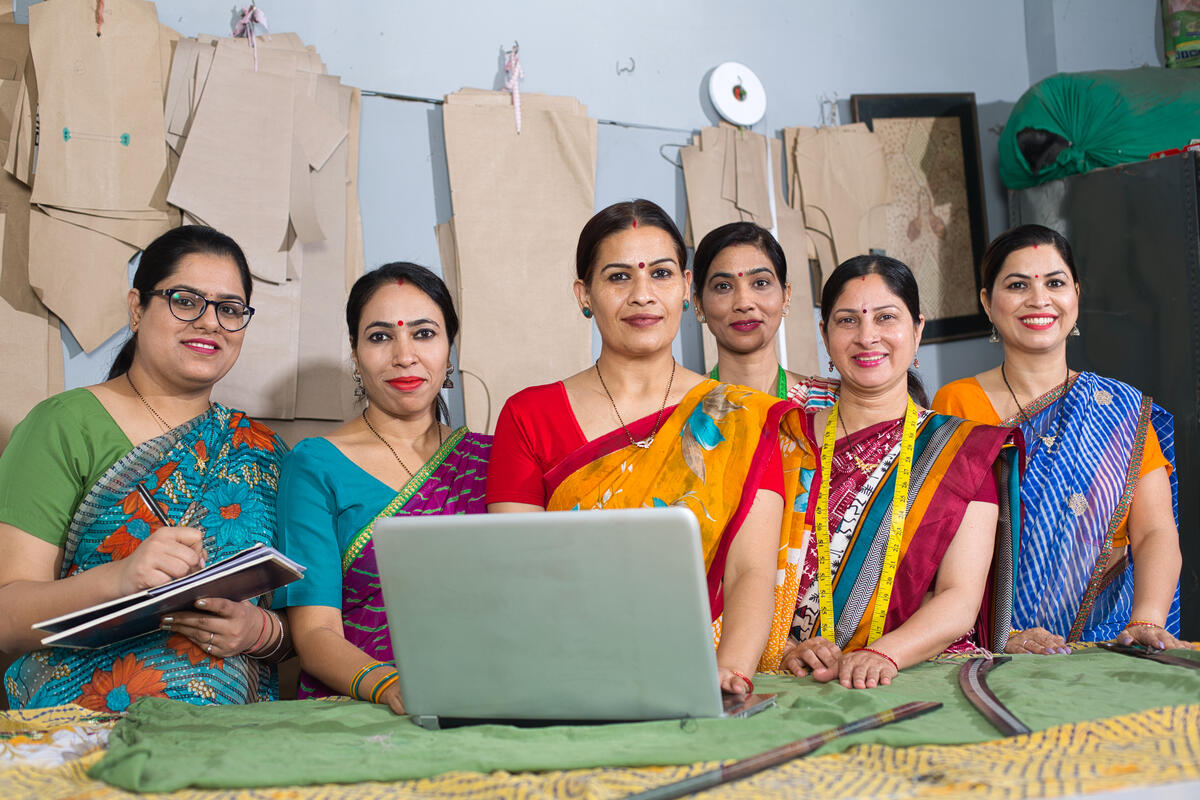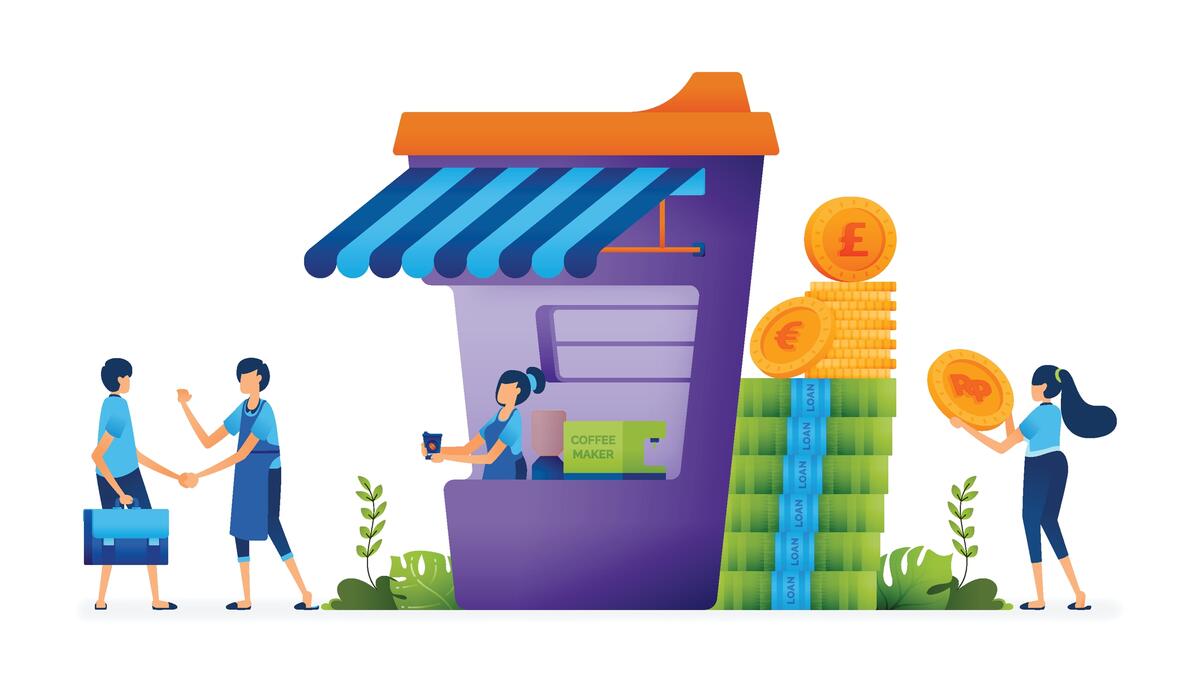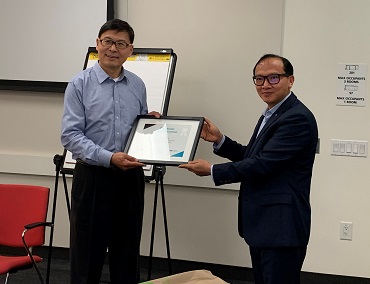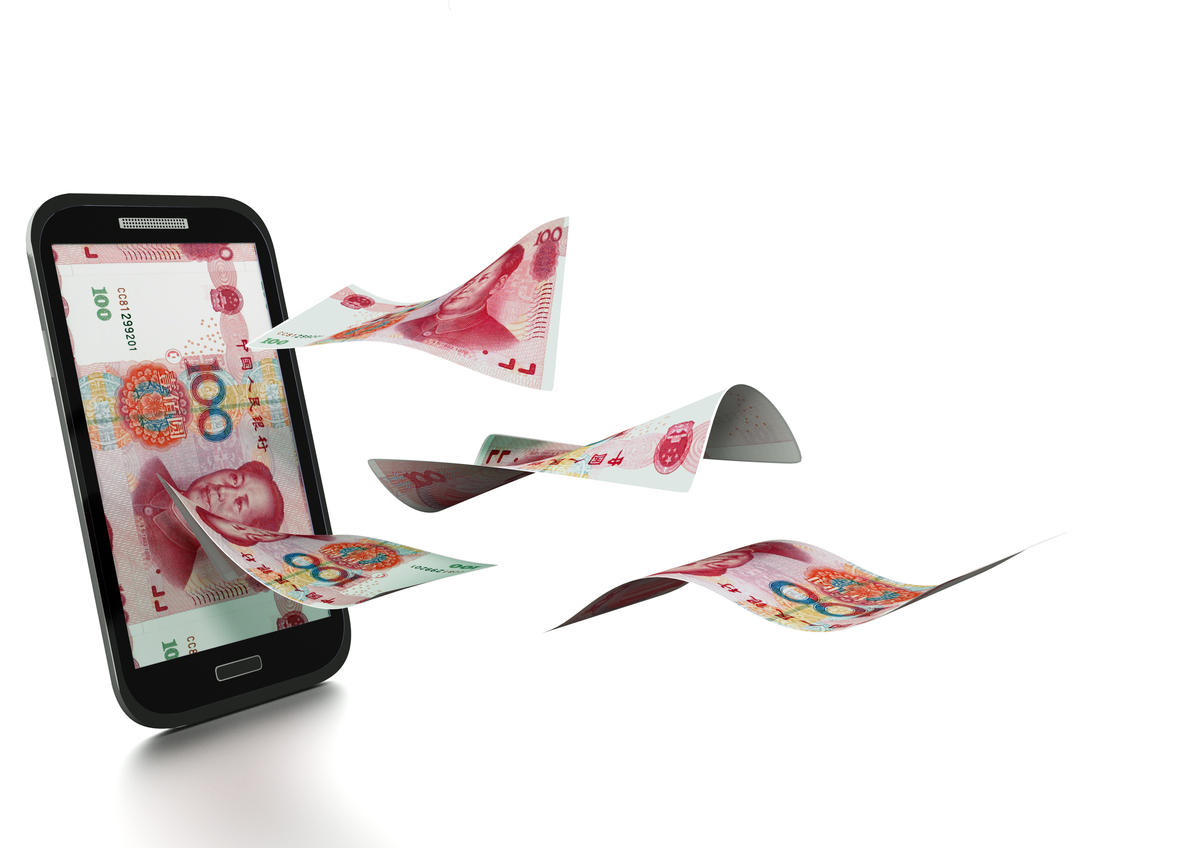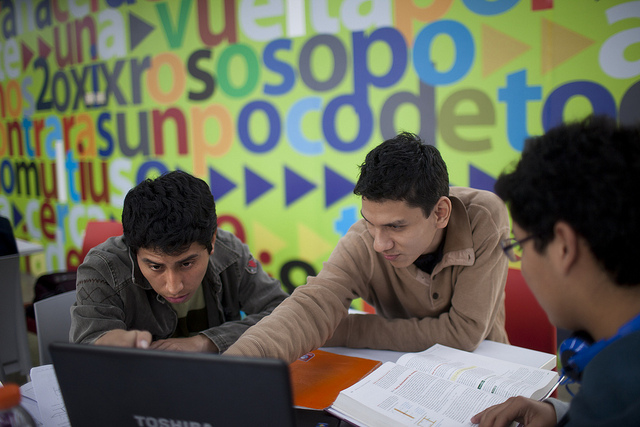Blog
Helping SMEs Go Global – Moving Forward in SME Finance
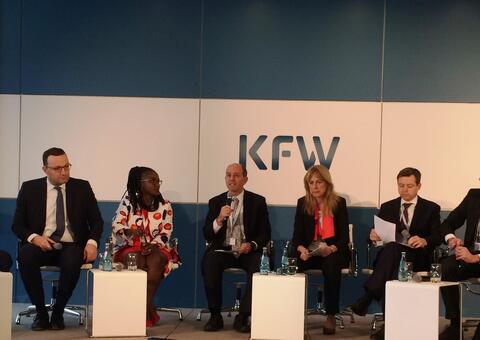
The G20 workshop, held in Frankfurt on 24 February, brought policymakers, bankers, development bankers and fintechs together to discuss some of the latest developments in SME finance. The SME Finance Forum was honored to be asked to co-organize this workshop with the German Federal Ministry of Finance (BMF), the German Federal Ministry of Economic Development and Cooperation (BMZ) and the German Development Bank (KfW). The meeting coincided with a meeting of the Long Term Investors Club, a growing group of international development bankers presently led by the European Investment Bank.
The workshop had four main sessions. The first, on SMEs in Sustainable Global Value Chains, looked at the great opportunity presented by the growing numbers of SMEs participating in these global chains. Panelists from DEG, Puma, SAP and Responsibility, moderated by the IFC, discussed how the markets and the data created as chains get longer and longer open up new possibilities for finance, and in particular for finance that can make value chains “greener”. Puma focused on its work in the garments and shoe subsectos, with the others focusing more on agri-value chains.
The second session was on fintech and its implications for SME development, which I chaired. Four fintechs described their services and, most interestingly, how they’ve evolved their offerings over time as they confronted the challenges of the SME market. The importance of being able to “pivot” arose repeatedly…with the Silicon Valley mantra of “fail fast” (and move on) proving its merit in the specific cases of Allied Crowds, Mekar, Zoona and Awamo. The cases also showed the wide scope of what “fintech” really covers, not only including alternative financing for SMEs, but also both services to mainstream financial institutions, and value-added services to SMEs themselves. The fintechs were joined by senior policymakers from BMF, BMZ and KfW, two Parliamentary State Secretaries and the Director for KfW Germany. The group discussed how both policymakers and the G20 should respond to the opportunity and challenges/risks of fintech for SME finance…it was a lively session, exploration how to find the right balance between promotion and protection.
The third session examined the role development banks might play in all this. A very interesting group from the Small Industries Development Bank of India, the Central American Bank for Economic Integration, Agence Francaise de Developpement and KfW described their initiatives and issues. They presented a world in which, while development banks can offer encouragement and risk mitigation, the overall environment for regulated banks post-crisis (through Basel II/III, IFRS, etc) is making already-risk averse institutions even more capital constrained and risk averse. Does this argue for new investment in specialized funds? - the group debated.
The final session looked at the role of public policy, through the eyes of both policymakers and innovators. The panelists, including SME Finance Forum member Commercial Bank of Africa, looked at a variety of initiatives, from credit guarantees, to the UK referral platforms for rejected loan applicants, to the credit information reforms that spurred product innovations in Kenya (on top of the M-Pesa money transfer platform). The group focused, in particular, on the key role data access and comprehensive data availability plays in opening doors for SME finance innovation.
Throughout the day it was encouraging to hear participants from all backgrounds talk about the importance of a strong infrastructure for credit, in particular strong credit information, movable assets and insolvency systems. These are the core of the G20’s ongoing SME Finance Action Plan initiative, and it was heartening to hear support from all corners for this work.
The following SME Finance Forum members received special invitations and were in attendance at the event: AMP Credit Technologies, Bitbond, Commercial Bank of Africa, European Investment Bank, European Investment Fund, Intesa Sanpaolo, Mastercard, Mekar, Rafeissen Bank International, SIDBI, Strands, and World Savings & Retail Banking Institute.



